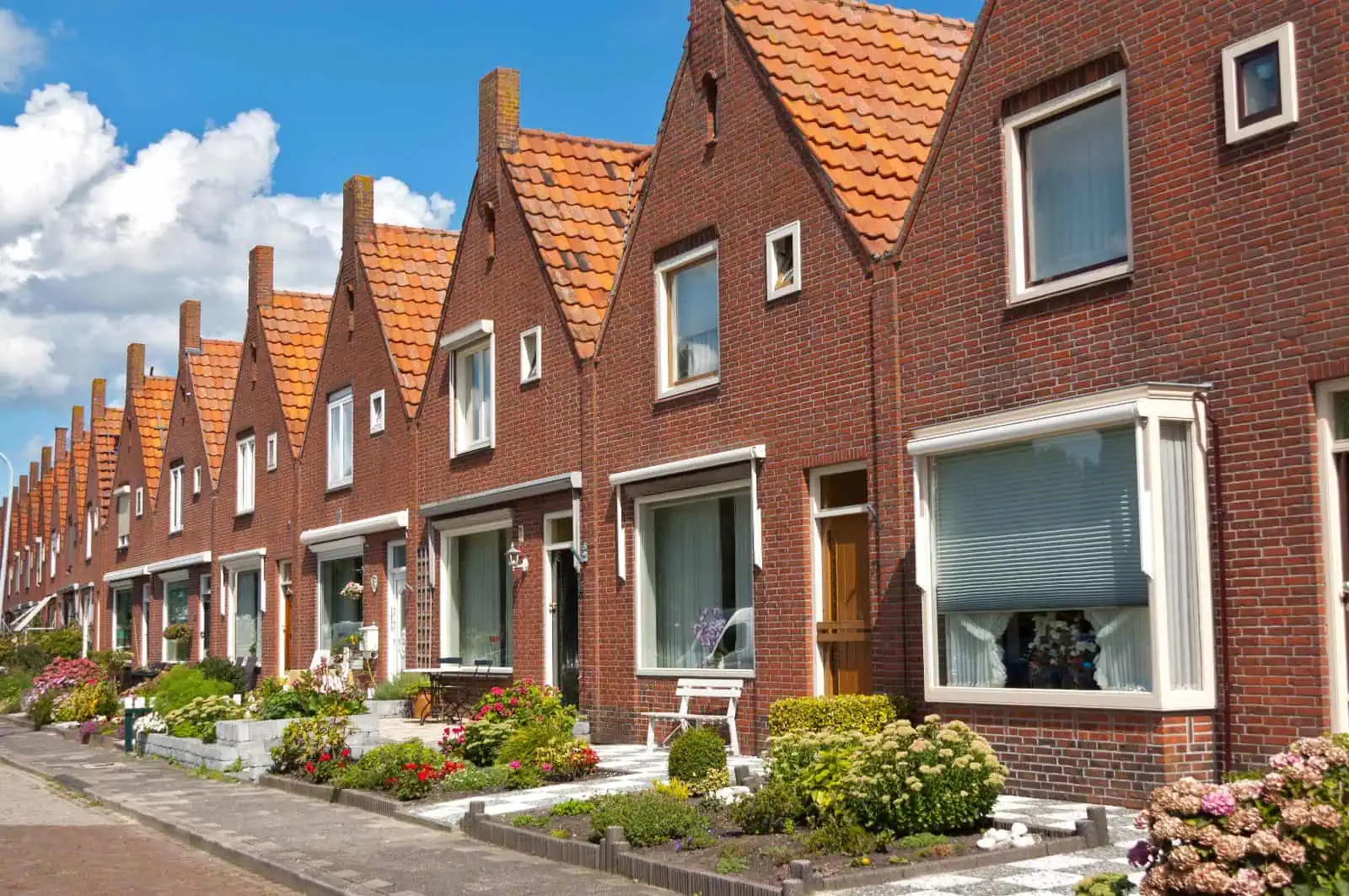Navigating the Housing Market in the Netherlands
The Netherlands offers a range of housing options, including home purchase, social housing, and private housing. However, for expats, finding suitable housing can be challenging due to the dominance of social housing and increasing property prices. Here’s a comprehensive overview of housing in the Netherlands, combining information from various sources:
Dutch Housing Market Overview:
- The Dutch housing market is divided into social housing (75% of the market) and private housing (25% of the market).
- Social housing is affordable housing, mainly reserved for low-income, disabled, elderly, or vulnerable individuals.
- The waitlists for social housing are long, making it inaccessible for most expats.
- Expats often compete for housing within the private market.
Property Purchase and Rental:
- Housing prices in the Netherlands have been consistently rising. In 2020, prices increased by 7.33%.
- The average cost of a house in the Netherlands is €325,834, while in Amsterdam, it’s €515,289.
- Rental laws in the Netherlands are tenant-friendly. Landlords are responsible for major repairs, and eviction requires legal processes.
- Expats can choose between renting and buying a home, considering their financial situation and preferences.
Renting Accommodation:
- Expats can choose from different housing types, including detached, semi-detached houses, townhouses, apartments, and houseboats.
- Online property portals like Funda, Pararius, Homelike, and HousingAnywhere simplify the search process.
- Rental contracts typically include terms for repairs, rent payment, and utility handling.
- Accessible social housing is limited to low-income individuals, making private rentals a common choice for expats.
Social Housing and Rent Limits:
- See Rent benefit (Expats on this website)
- Most expats rely on the private market due to income thresholds and long waitlists for
social housing.
Renting Out Property:
- Some expats choose to rent out their properties for investment purposes.
- Finding the right price point and reliable tenants is crucial.
- Housing brokers can help determine prices, find tenants, and navigate legal obligations.
Buying Property:
- Foreigners can buy property in the Netherlands, with no restrictions based on nationality.
- Local residence permits may facilitate mortgage access.
- Different property types include townhouses, detached houses, semi-detached houses, apartments, and houseboats.
- Negotiation is common for previously owned properties, while new builds are typically sold at fixed prices.
- The process involves submitting an offer, finalizing finances, inspections, and notary involvement.
Mortgages and Costs:
- Mortgages are available to expats, with favorable rates for residents.
- Mortgage rates are low, and different types of mortgages are available.
- Additional costs include real estate agent fees, notary fees, interpreter costs, property inspection, transfer tax, and property tax.
Utilities and Services:
- Utilities like electricity, gas, and water are privatized in the Netherlands.
- Expats can choose their energy supplier, compare prices, and opt for green energy.
- Water companies are region-specific and assigned by area.
- Internet and mobile phone services are widely available through various providers.
- ADSL internet is common, while fiber optic options are less prevalent.
Television and Short-Term Rentals:
- Internet providers often offer bundled packages including digital TV and phone connections.
- Short-term rentals provide temporary housing for expats.
- Furnished and unfurnished apartments are available, with different price ranges.
- Temporary rentals are common in major cities and offer flexible stay durations.
In conclusion, the Dutch housing market presents various options for expats, ranging from social housing to private rentals and property purchases. Navigating the market involves understanding eligibility criteria, rental laws, contract terms, and costs associated with renting or buying. It’s advisable for expats to seek professional assistance and compare options to make informed housing decisions in the Netherlands.
